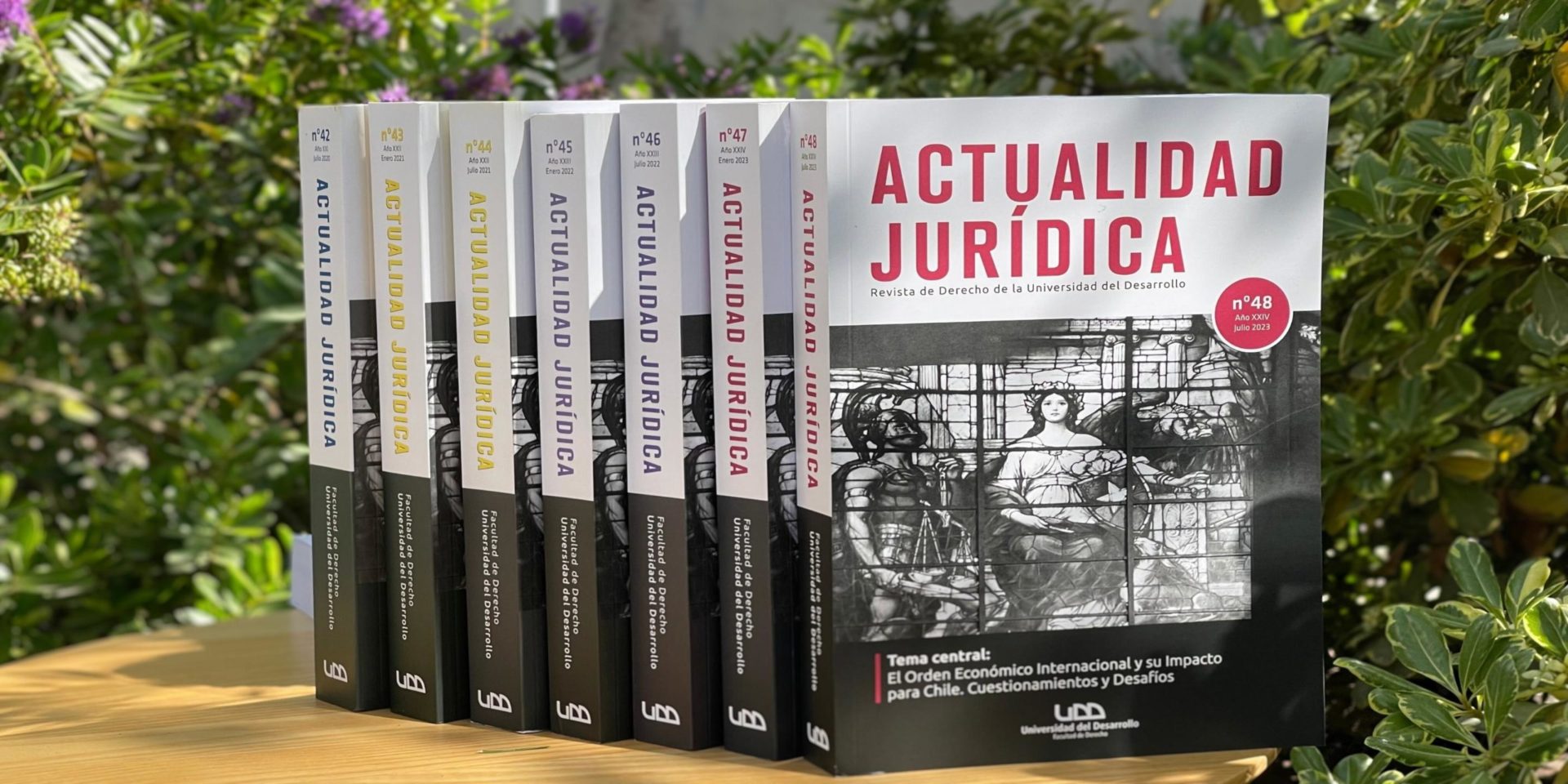Derecho de la competencia en tiempo de innovación tecnológica: un desafío de reorrientación
Resumen
El presente ensayo pretende ser una reflexión respecto de si en los
tiempos actuales, en que se acepta generalmente que el principal motor del crecimiento es la innovación tecnológica, resulta necesario o no reorientar en alguna medida el foco de las políticas de protección de la libre competencia en nuestro país, principalmente encaminada, tal como en el resto del mundo, a la persecución de conductas relacionadas con la eficiencia estática y, en especial, carteles. Como se explicará sobre la base de la literatura, si lo deseable socialmente es que se genere la mayor cantidad de innovación posible, cobra una importancia fundamental el evitar conductas anticompetitivas que imposibiliten o retarden la misma. En dicho sentido, se argumentará que, siendo los recursos públicos escasos, las políticas públicas de libre competencia deberían privilegiar, al menos con el mismo grado de relevancia que la asignada a evitar los carteles, la persecución de conductas dañinas para la innovación o eficiencia dinámica, requiriéndose, en particular, un especial foco en garantizar el libre acceso al mercado y en evitar las conductas exclusorias.
ABSTRACT
This essay intends to reflect on whether it is necessary today, when it is generally accepted that technological innovation is the main engine of economic growth, to reorient the traditional focus of competition policies in Chile and the rest of the world, mainly concerned with conducts affecting static efficiency, and especially cartels. As it will be explained based on the literature, if the social goal is to produce the greatest possible amount of innovation, it is fundamentally important to avoid anticompetitive practices that impede or delay the same. Therefore, due that public resources are scarce, competition policy should prosecute, at least with the same priority assigned to cartels, conducts that damage innovation or dynamic efficiency. In particular, a special focus on permitting free access to the market and avoiding exclusionary conducts is required.
Abstract
This essay intends to reflect on whether it is necessary today, when it is generally accepted that technological innovation is the main engine of economic growth, to reorient the traditional focus of competition policies in Chile and the rest of the world, mainly concerned with conducts affecting static efficiency, and especially cartels. As it will be explained based on the literature, if the social goal is to produce the
greatest possible amount of innovation, it is fundamentally important to avoid anticompetitive practices that impede or delay the same. Therefore, due that public resources are scarce, competition policy should prosecute, at least with the same priority assigned to cartels, conducts that damage innovation or dynamic efficiency.
In particular, a special focus on permitting free access to the market and avoiding exclusionary conducts is required.
